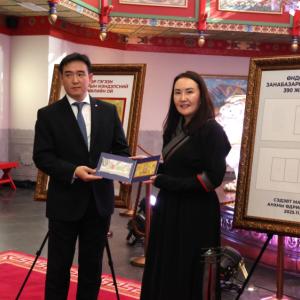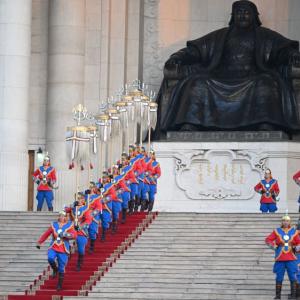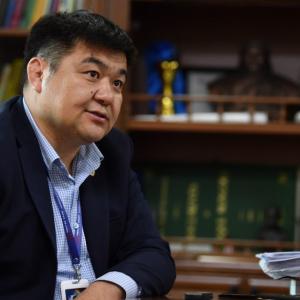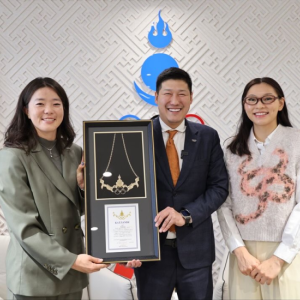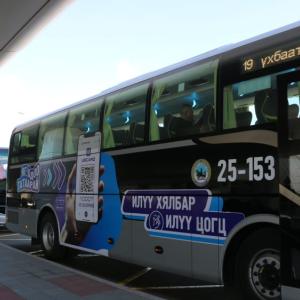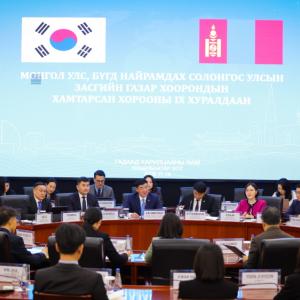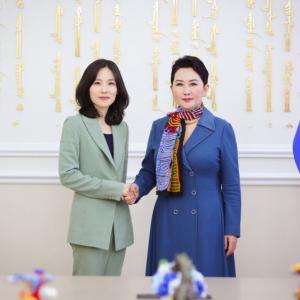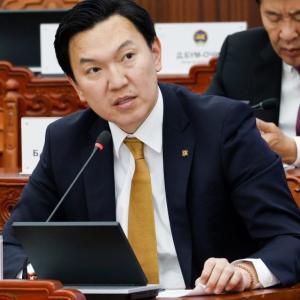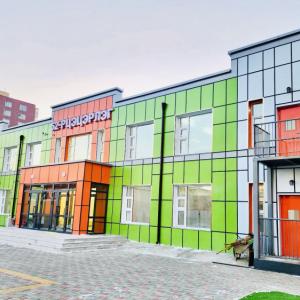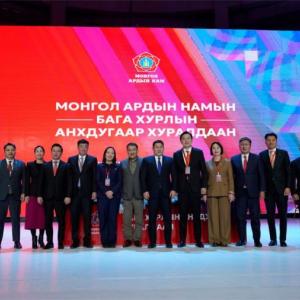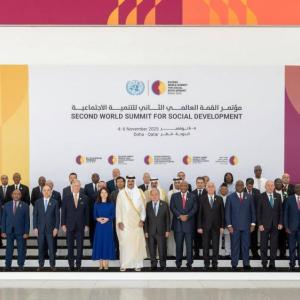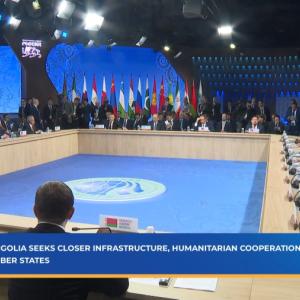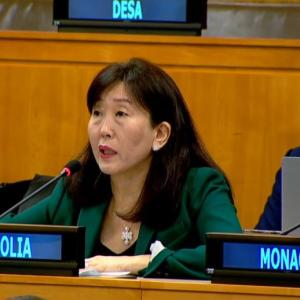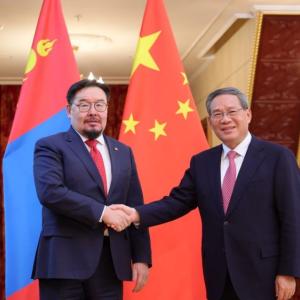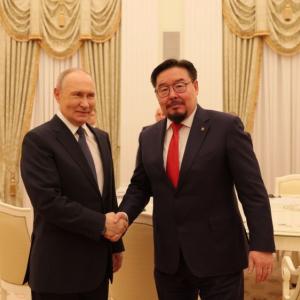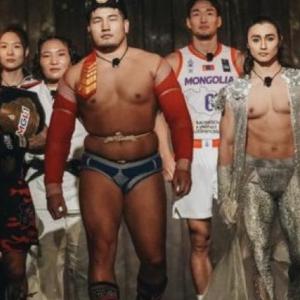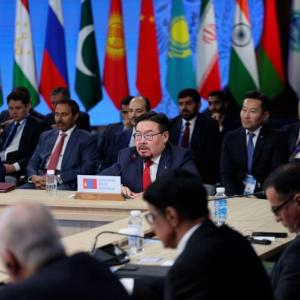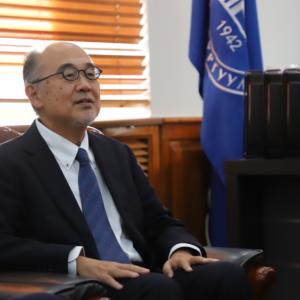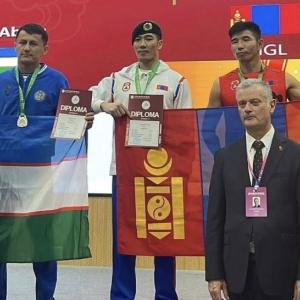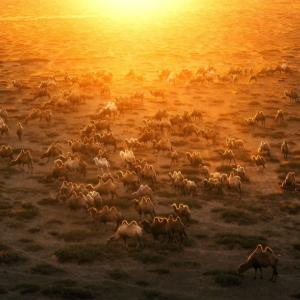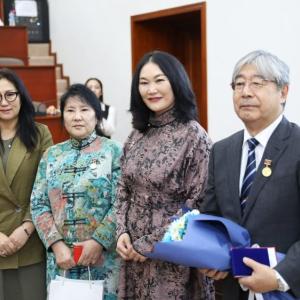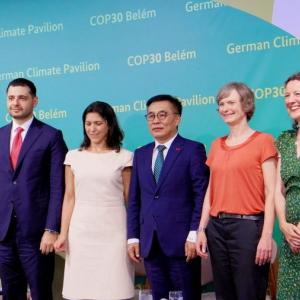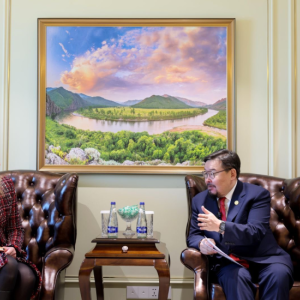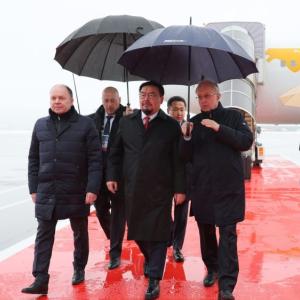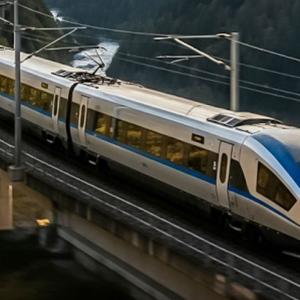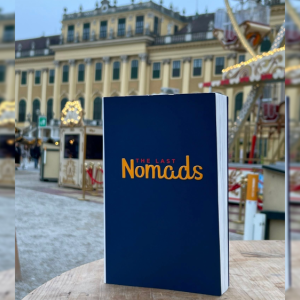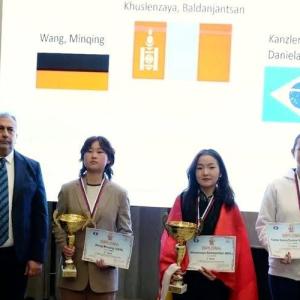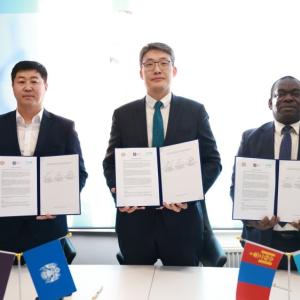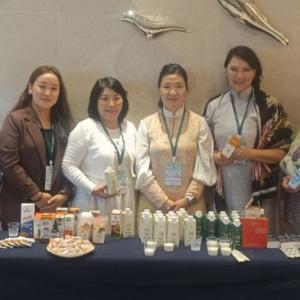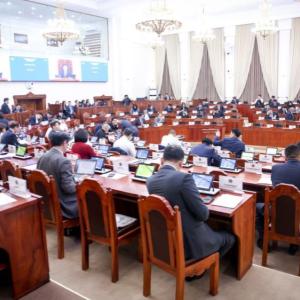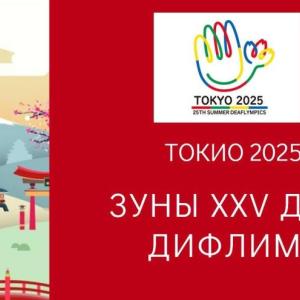Mongolia Economic Forum-2023: Highlights from Prime Minister's Speech
Economy
Ulaanbaatar, July 10, 2023 /MONTSAME/. Launching the Mongolia Economic Forum-2023, Prime Minister of Mongolia L. Oyun-Erdene opened the event with welcoming remarks. Here are some highlights from his speech to investors.
- Mongolia
is a democratic country located between two world powers.
Since the democratic revolution in 1990 and the transition to a free
market economy in 1992, we have faced many challenges. It is still going
on. However, Mongolians have been overcoming these challenges and
difficulties through mutual understanding and consensus, which is the
greatest advantage of parliamentary democracy.
- By amending the Constitution in the
spring session of the Parliament, increasing the representative capacity
of the State Great Khural, and incorporating the mixed election system
into the Constitution, it can be concluded that Mongolia's policy has become more stable and continuous, and the basic legal reform has been made to enable investment environment reach a
new level.
- Mongolia strives to take a long-term
view of its development policy planning and is implementing the "Vision-2050" long-term
development policy. It aims to fully
resolve step by step the risk of loss of continuity of government policy
depending on the election results, causing difficulties for the private
sector and investors.
- With the establishment of the Ministry
of Economy and Development and the Foreign Investment Agency, we moved to a unified system to provide investors
with one-stop-shop, introduce prompt and comprehensive services, and
protect the interests of investors.
- The Government of Mongolia announced a
comprehensive anti-corruption program, made government information
transparent, and introduced the "E-Mongolia" platform, which
digitized 839 services of 71 government organizations. This is a major
reform that will make it possible to get government services quickly even
from abroad. In 2022, Mongolia
moved up 18 places from the previous year and ranked 74th out of 193
countries in the E-Government Development Index.
- The world is divided. The New Cold War is deepening, and
developing countries are faced with the dilemma of whom children will
choose when their parents divorce. Therefore, it is necessary for
parents or developed countries of the world to be more responsible and
listen to their children when making decisions.
- We
must respect each other and peacefully co-exist, secure economic and
social development, and the macro balance of investment in
order to form good governance and ensure a stable economic environment.
- I put forward a proposal to discuss the
infrastructure and transport logistics of landlocked countries with
Professor Schwab, the founder of the World Economic Forum, specifically at
the World Economic Forum. For the cost of sea transportation is one
hundredth of air transportation, one tenth of rail transportation, and one
third of road transportation. That is why the biggest challenge for landlocked countries is how to enter the
price competitiveness of transport logistics and global economic
integration.
- I believe that artificial intelligence
solutions based on science, advanced technology, and big data will provide
advanced solutions to the problems
of transport and logistics in landlocked countries in the near future.
- The
pandemic made us understand that the countries of the world should not
only develop alone, but also should support each other and share
opportunities together. Vaccination has been
successful in some countries, but mutations have developed in countries
lacking vaccines. As the epidemic continued, the economic difficulties of
not only separate countries, but of the world deepened. This is a painful
lesson for us not to make any more missed opportunities.
- Mongolia
became one of the first small countries in the world to successfully
overcome the pandemic.
- For
Mongolia, whose economy is dominated by coal exports, professional
organizations and investors are ready to cooperate with you in the fields
of green economic model based on advanced technology and innovation,
renewable energy, and green investment. President of
Mongolia U. Khurelsukh's implementation of the "Billion Trees"
initiative is a political leadership that has expressed Mongolia's
readiness to transition to a green economy internationally.
- Mongolia's
current economic situation is stable. The economy of
our country, which had a -4.7 percent decline during the pandemic, would
grow to 4.8 percent in 2022 and 7.9 percent in the first quarter of 2023,
and the gross domestic product per capita has reached USD 5,000. In
December 2022, USD 1.5 billion of the "Chinngis" bond and USD
800 million of the "Gerege" bond were fully paid in May 2023,
maintaining the credit rating at the "B stable" level, and the Government of Mongolia was able to
express its responsibility at the international level.
- About 90% of exports depend on mining,
and we are interested in developing
non-mining sectors such as tourism, cultural creative production,
agriculture, including meat export, cashmere products, and renewable energy,
by diversifying Mongolia's economy.
- As part of the "New Revival Policy", the Government of Mongolia put
into operation the Oyu Tolgoi Deep Mine, making Mongolia the fourth
largest producer of copper in the world. In the future, we will
discuss future cooperation in areas such as copper processing and electric
car production.
- If Mongolia had one export railway, we are happy to announce that four new
export gateways are being put into operation in the framework of
"Port Revival" in coordination with the "Belt and
Road" initiative of the People's Republic of China. With the recovery
of the port, the export income reached USD 13 billion.
- The
Government of Mongolia will be committed to the policy of improving the
investment environment step by step, respecting the root principle of
"Mongolian Yes means Oath."
- In January 2024, Mongolia will participate with great ambition in the World
Economic Forum in Davos, Switzerland.
 Ulaanbaatar
Ulaanbaatar





